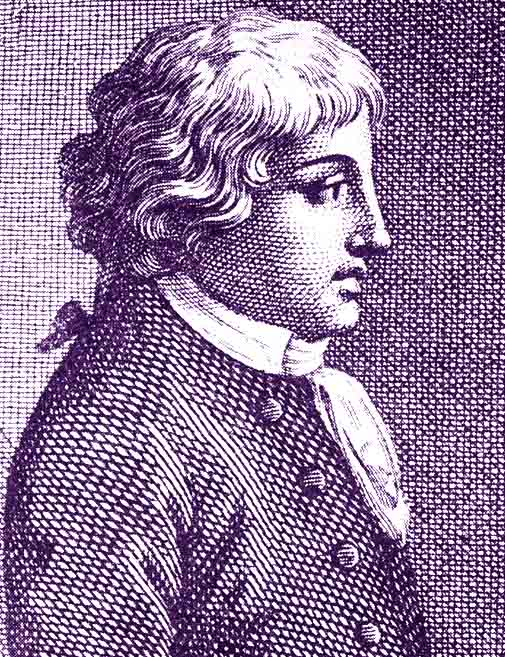

GIOVANNI BATTISTA PERGOLESI
3rd January 1710 --- 17th March 1736
Copyright 1953 Encyclopaedia Britannica
Last Updated on 2024
By Steven
And now for the Music

Thanks to Ferdinand Dupont for the music below.
NEW (4394)"Nina, canzonetta". Sequenced by Ferdinand Dupont. NEW (4393)"Mima?". Sequencer Unknown. NEW (4392)"Magnificat". Sequencer Unknown.

If you done any Classical pieces of say for example, Delius, mozart, and so on etc,
please email them to the classical music site with details to
"classical (@) ntlworld.com" (written this way to stop spammers)
just remove spaces and brackets for email address), thank you.

Visitors to this page --

Back to Classical Midi Main Menu click "HERE"